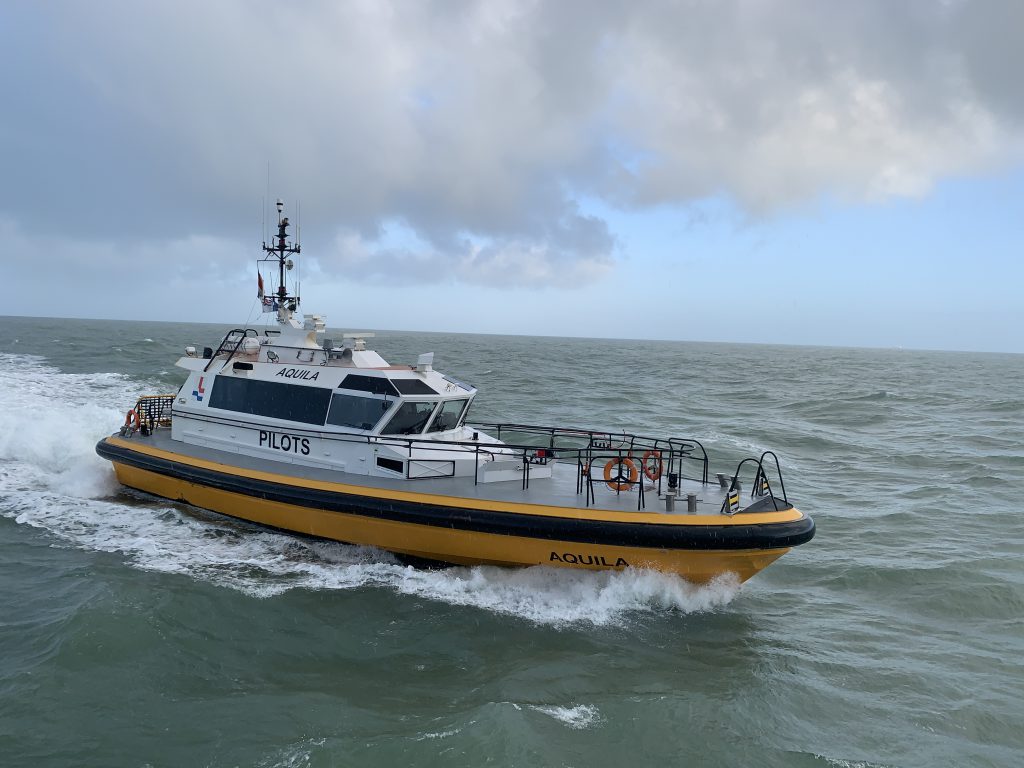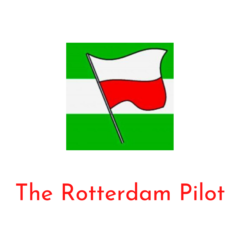General
The Maritime Pilot is the advisor of the Captain. Under Dutch law, he provides his service whenever the master of a ship calling a Dutch port requires a pilot. He is self employed by law and has to offer his services to ships through a Regional Pilot Corporation (see below). While performing his duty the Master of a ship is always responsible for the command of his vessel. The pilot may however take over the navigation of the vessel with the consent of the master. This does not relieve the master of being in command of his ship all the time.
Dutch legislation determines which ships have to take a pilot by law. The local authority appointed for the port or region, e.g. the harbourmaster, ultimately determines which ship have to take a pilot, and which ships do not. At the moment (2020) there is still a system in place which grants a general exemption to small coasters, but out will be replaced by new regulations in 2021. ( Loodsplicht Nieuwe Stijl ) This new system will resemble the Pilot Exemption Certificate (PEC) principle which is already in place.

The PEC system allows ship’s masters and mates who are frequent callers into a port to be granted a Pilot Excemption Certificate based on the conditions and training set by the local authority. In the near future the LPNS system will ultimately replace all general exemption certificates wits PEC-style certificates. This reflects the principle that pilotage exemptions are granted to persons, rather than ships.
Organization
Since 1988 the Netherlands pilots are independent professionals, organized in four pilotage regions North, Amsterdam-IJmond, Rotterdam-Rijnmond and Scheldemonden. They are members of one of the four Regional Pilots Corporations who have the duty to provide every ship with a pilot if it requires one. The other main duties of the Regional Pilots Corporation are: maintaining a sufficient number of pilots, and safeguarding the quality of the profession. The board of the regional corporation represents the profession and the pilots in the local area where they work.
There is a supporting company, called Nederlands Loodswezen BV. This is a company of which all pilots in the country are a shareholder. This company and subsidiaries is the service provider for the pilots. It owns the pilot boats, office buildings and is the employer of all staff working for the pilots. When a pilot retires he has to give up his share in the company. There are no external shareholders, which makes the company truly independent from government and local authorities.

